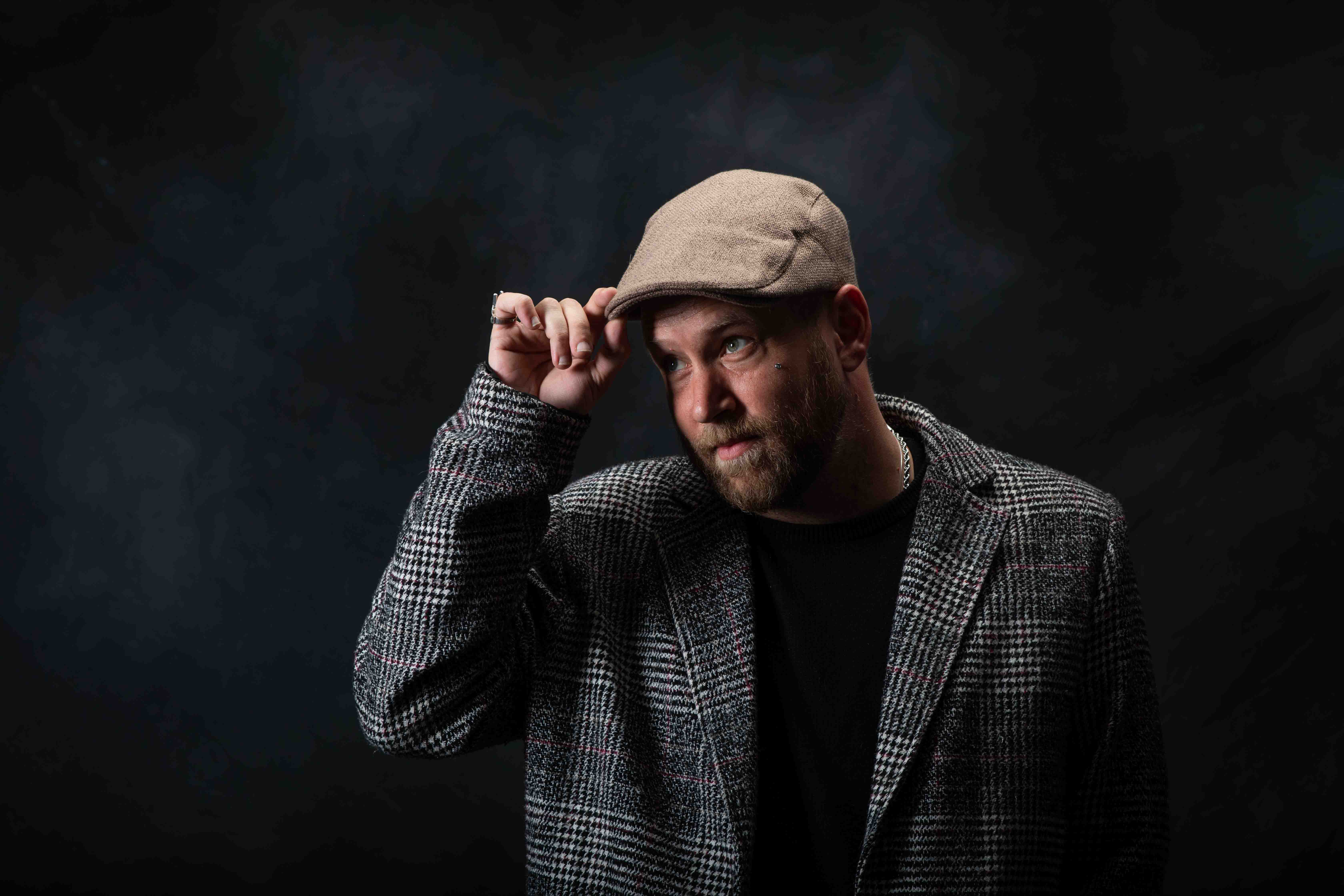Story Content
Sac State professor to lead research on air quality in disadvantaged communities

May 26, 2022
Wayne Linklater, a Sacramento State Environmental Studies professor, has spent more than two decades researching, writing, and teaching about the ecology and behavior of mammals, from voles to rhinos. Recently, his interest in the world’s most abundant large animals, humans, and their impact on the natural world, has grown.
His newest work to study the health effects of pollution in disadvantaged local communities aligns with this research focus.
The project, funded by a $10,000 grant from the national nonprofit group Second Nature, will allow Linklater and his students to collaborate with local community organizations while conducting critical research on air quality in disadvantaged neighborhoods. The data gathered will help illuminate the link between air quality and respiratory health in the areas studied.

“We want to use our expertise to produce a credible report that communities can use to advocate for themselves,” Linklater said.
Linklater has traveled around the country and the globe to study varied topics, including conflict created by urban deer populations in El Cerrito, and black rhinoceros habitat use in South Africa. Lately, he has become keenly interested in environmental justice, including the effects of pollution on human health.
Studies have shown that communities of color in poorer neighborhoods are disproportionately exposed to air pollution, specifically particles emitted by vehicles and factories. Such exposure can contribute to health problems, including respiratory diseases.
Residential areas in these communities typically are closer to industrial areas and freeways, where pollution levels are higher and trees, which can act as air filters, are less abundant.
Sac State, working with project partners including Breathe California and United Latinos, will establish air-monitoring networks in South Sacramento and North Highlands. Student interns and community members will then measure levels of potentially dangerous airborne particulates in those areas of the city.
Linklater will analyze the data and create a report documenting how emissions change throughout the day, week, and seasons. Researchers will work with Sacramento County’s public health department to link air quality with health outcomes, he said.
The information also could educate residents and inform future policies, programs, and resources to improve quality of life in affected neighborhoods, said Linklater.
“One of the solutions could be a collaborative effort to improve tree coverage,” Linklater said. “These communities have some of the lowest tree coverage in the city.”
The data could influence elected leaders’ decisions about urban development.
Student participants will engage in “a mix of technical and community work,” Linklater said. “That’s a very important aspect of their early career development.”
“We want to use our expertise to produce a credible report that communities can use to advocate for themselves.” - Wayne Linklater
Richard Falcon, lead organizer for United Latinos, said his organization benefits from Linklater’s knowledge and passion for environmental justice.
“Working with Dr. Linklater has been a privilege,” he said. “His knowledge of these issues and the science behind them has been helpful to me as I navigate our mission of engaging the community in processes that are of benefit to their well-being.”
Linklater “breaks down the science into digestible information that I can take back to our constituency to help them understand the data and the impacts on them,” Falcon said. “He should be commended on his efforts to bring Sac State and community resources together to benefit the greater Sacramento area as well as students who attend Sac State.”
Second Nature, which is funding the research, is dedicated to supporting climate projects driven by colleges and universities.
President Robert S. Nelsen said the work helps support Sac State’s efforts to connect the University and the region to address key problems.
“This is another example of the important work being done by our faculty and students with community partners to advance knowledge and social justice while making our region a better, safer place for all,” Nelsen said.
Media Resources
Faculty/Staff Resources
Looking for a Faculty Expert?
Contact University Communications
(916) 217-8366
communications@csus.edu


